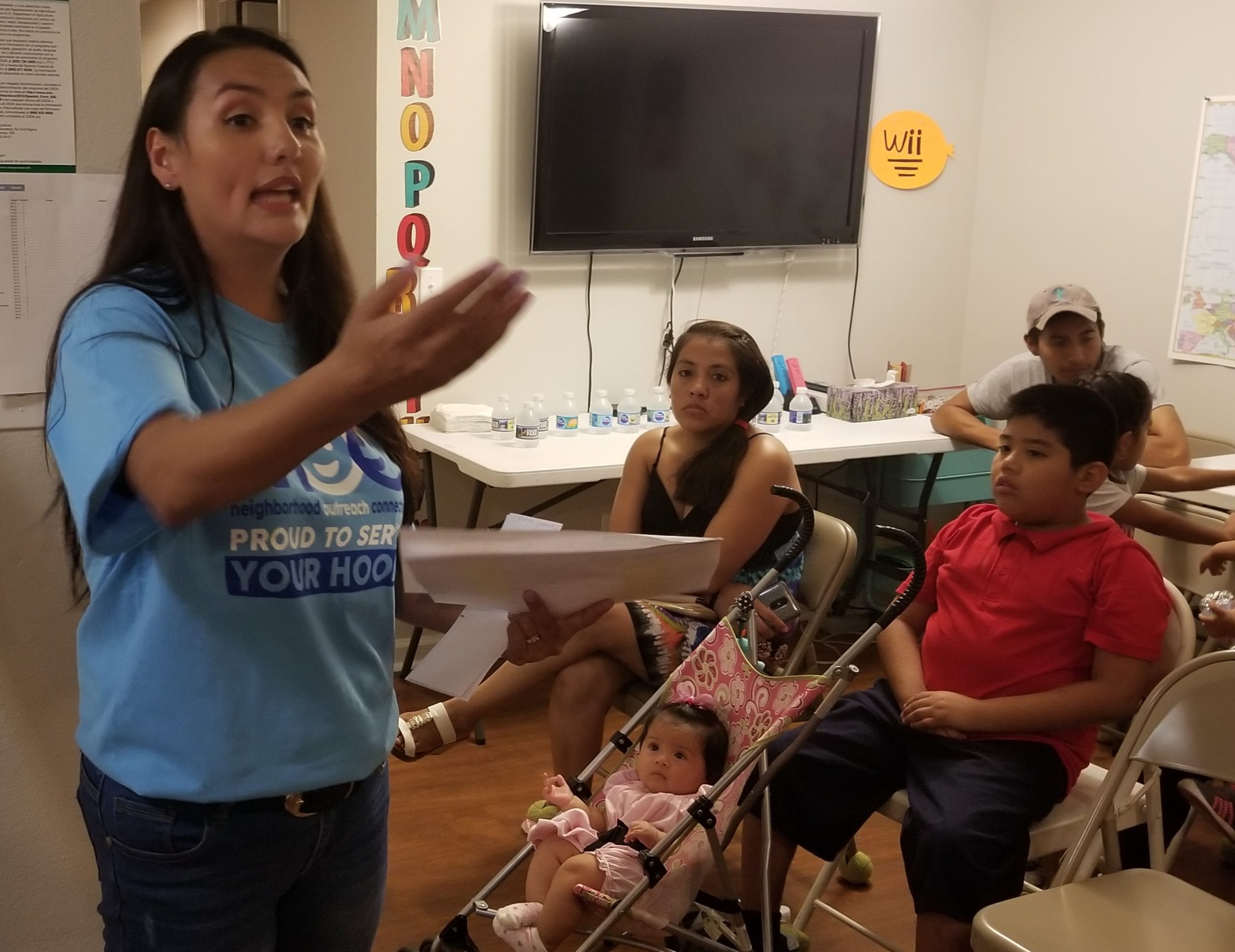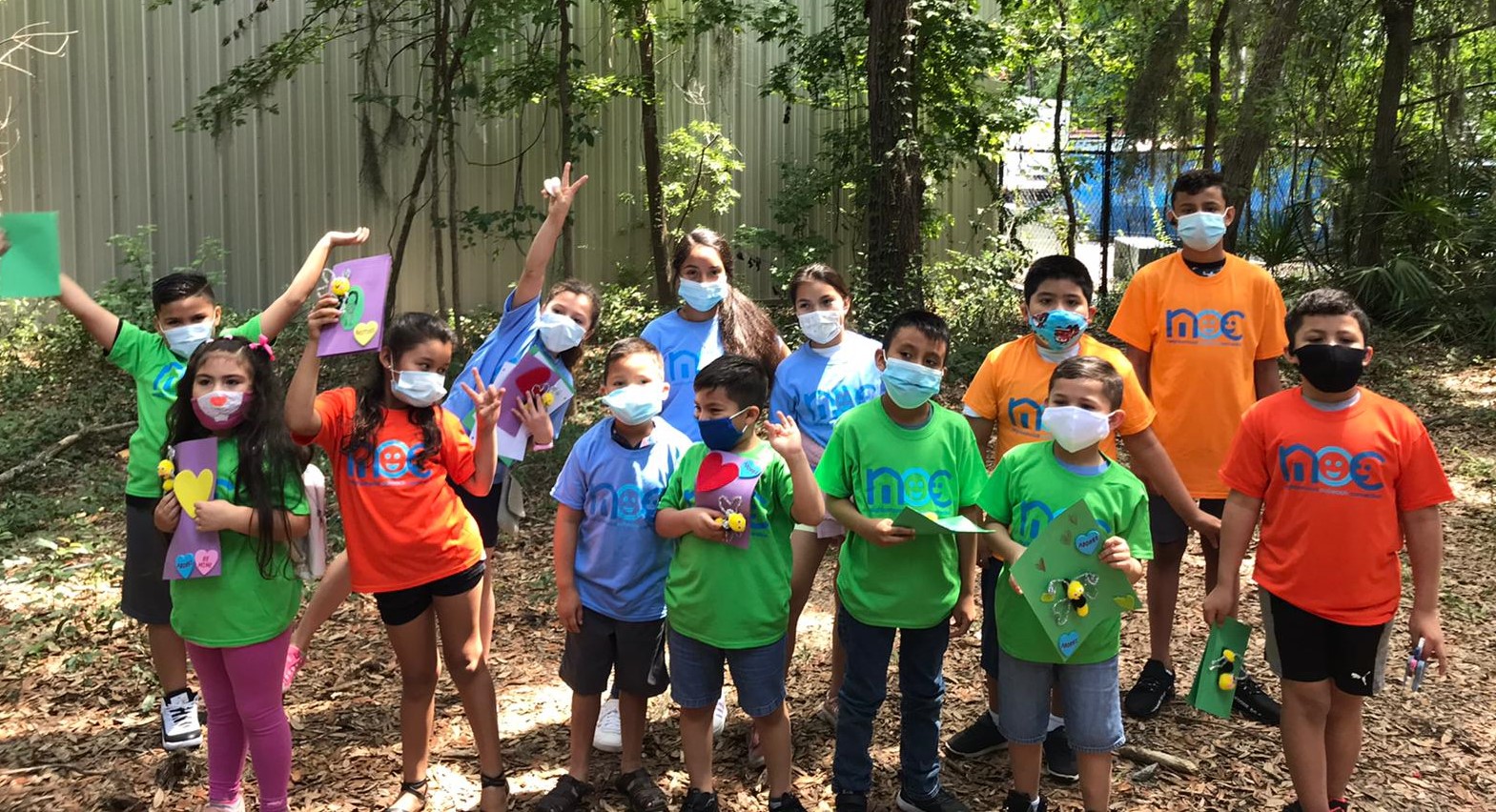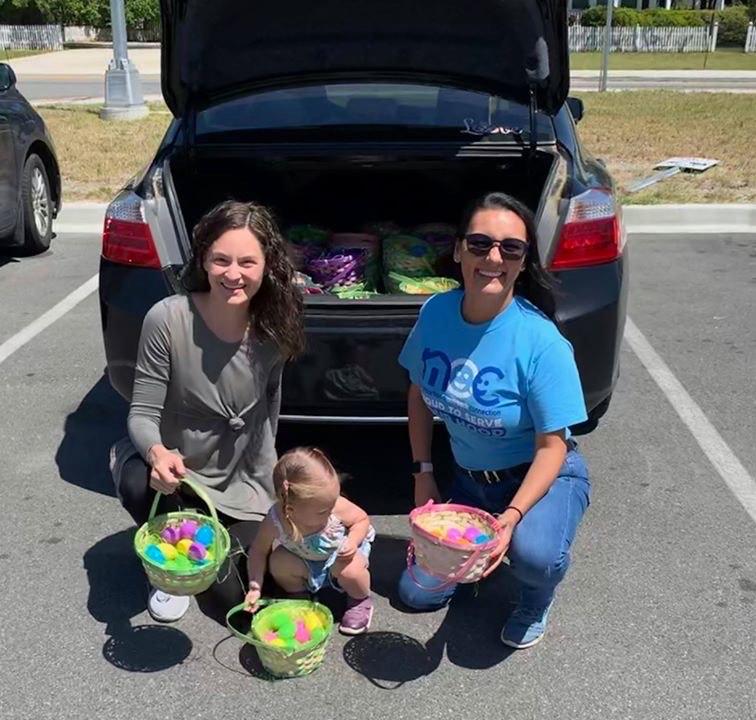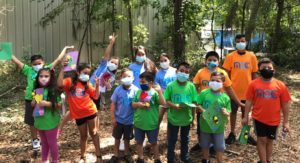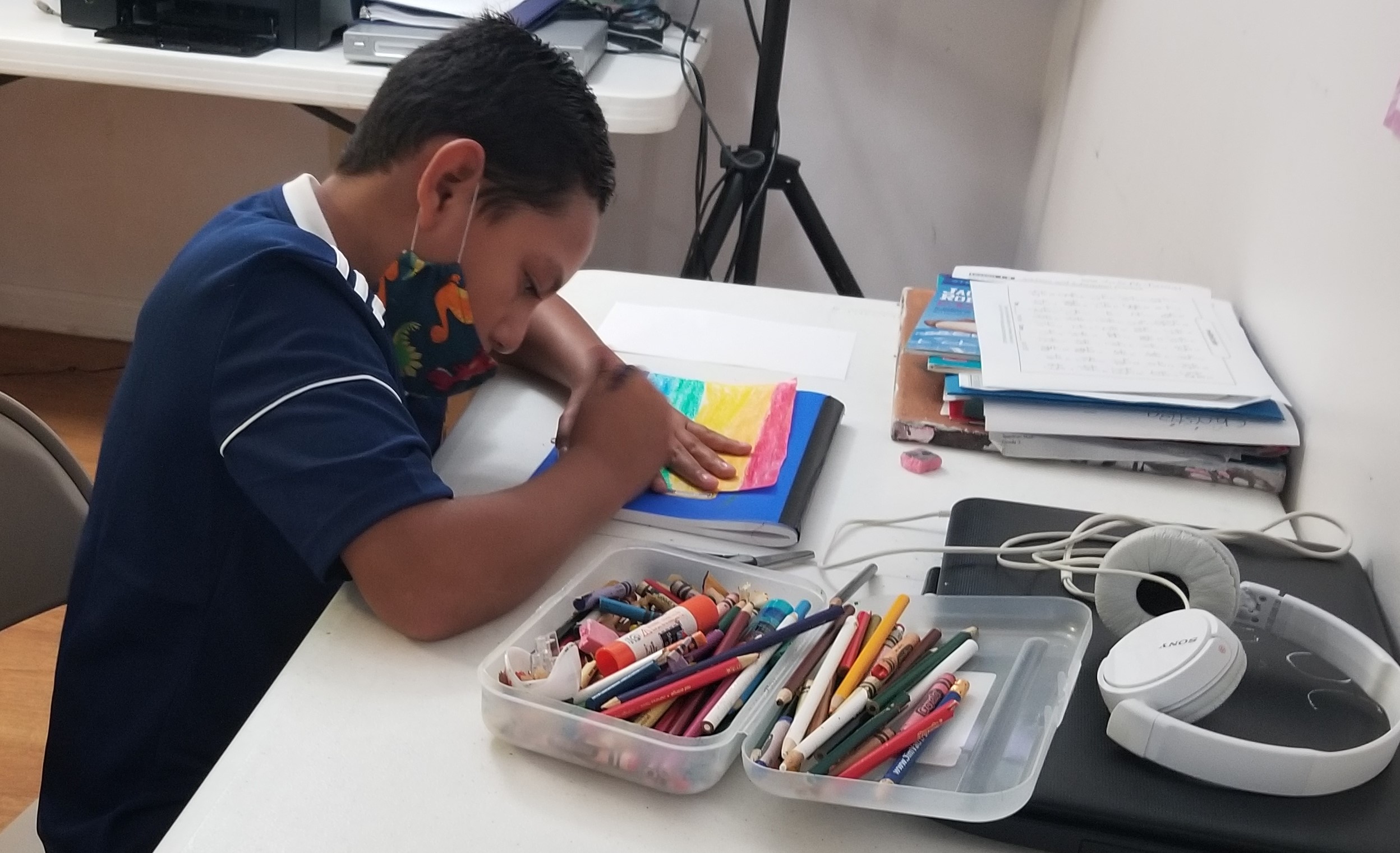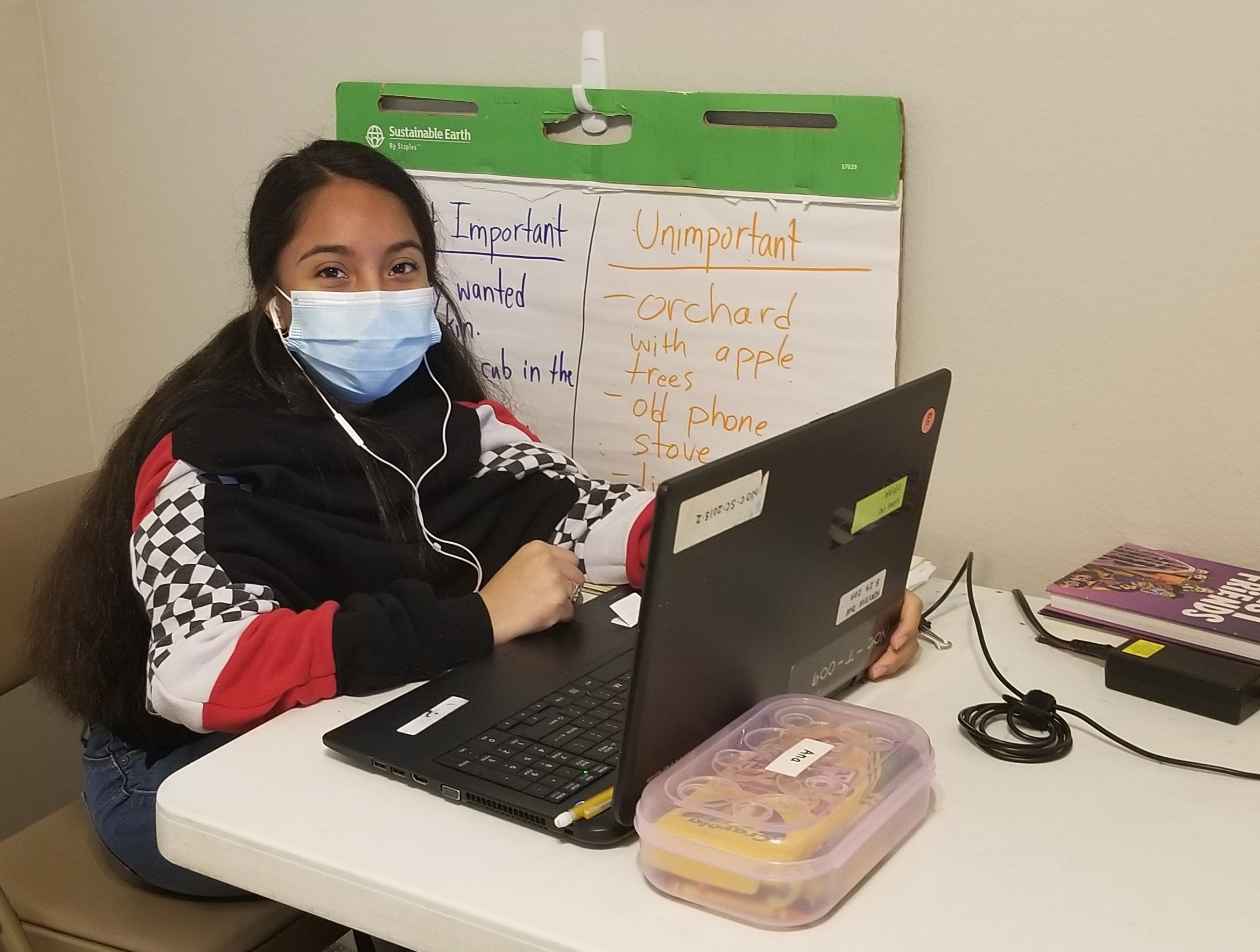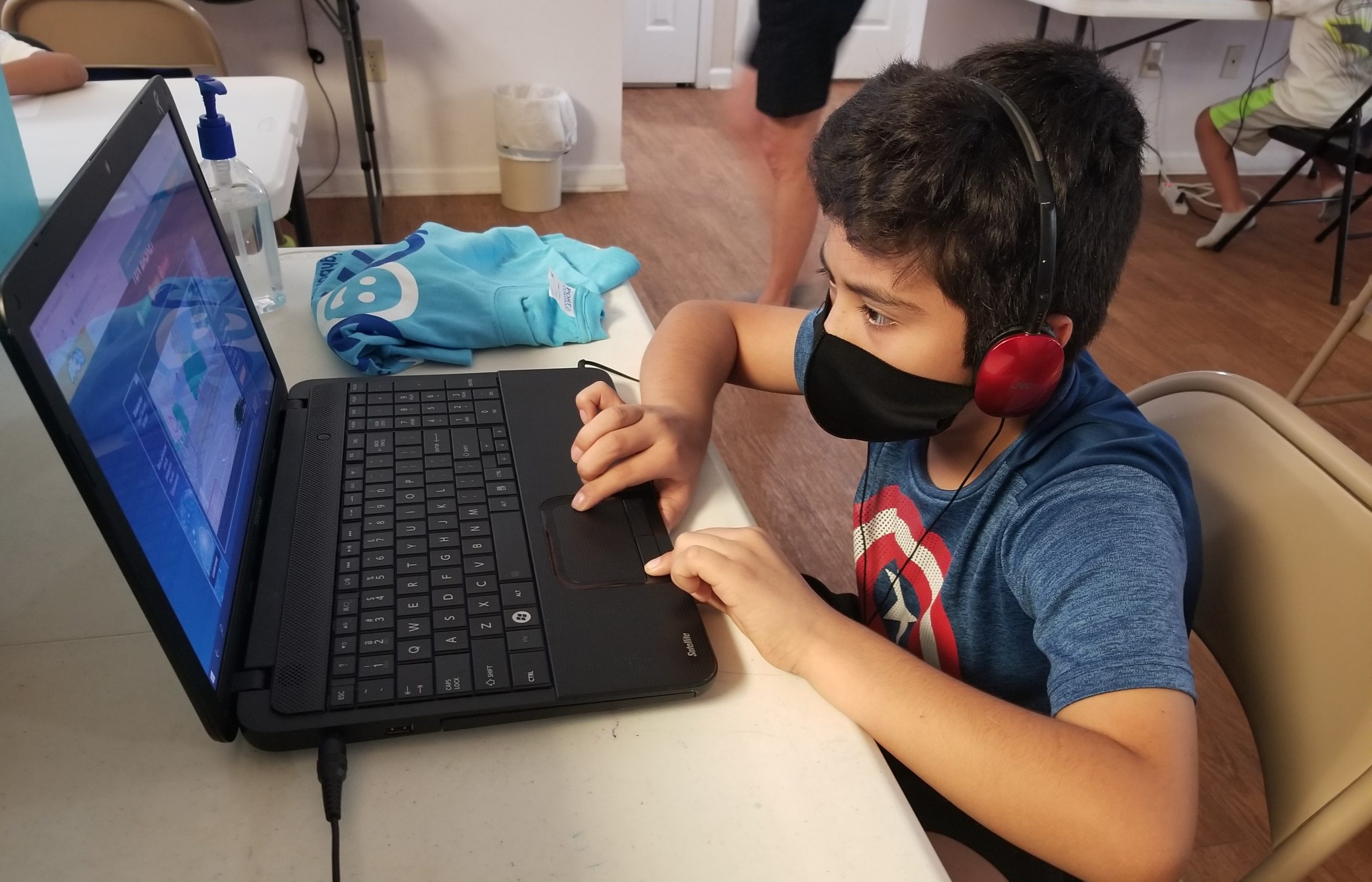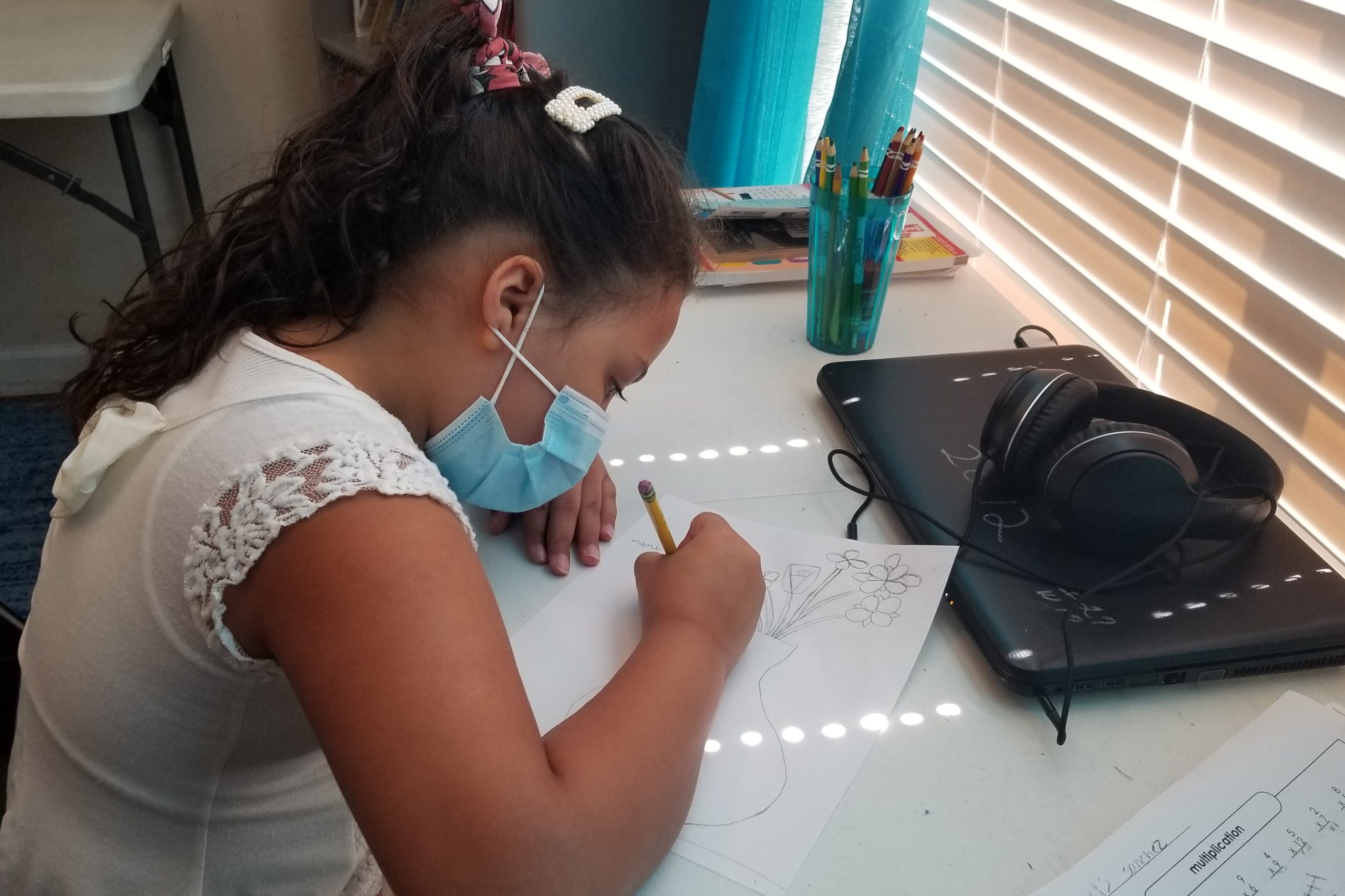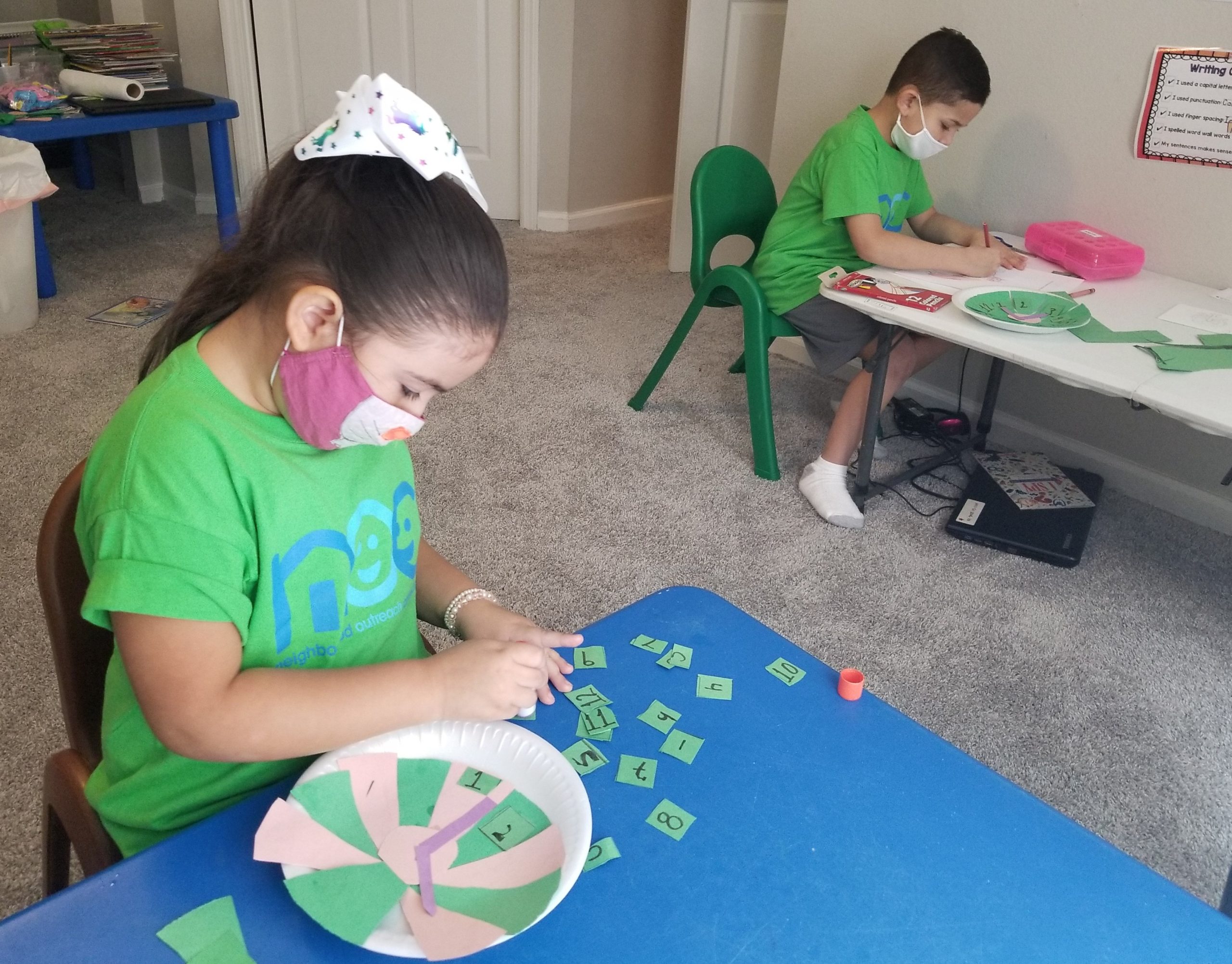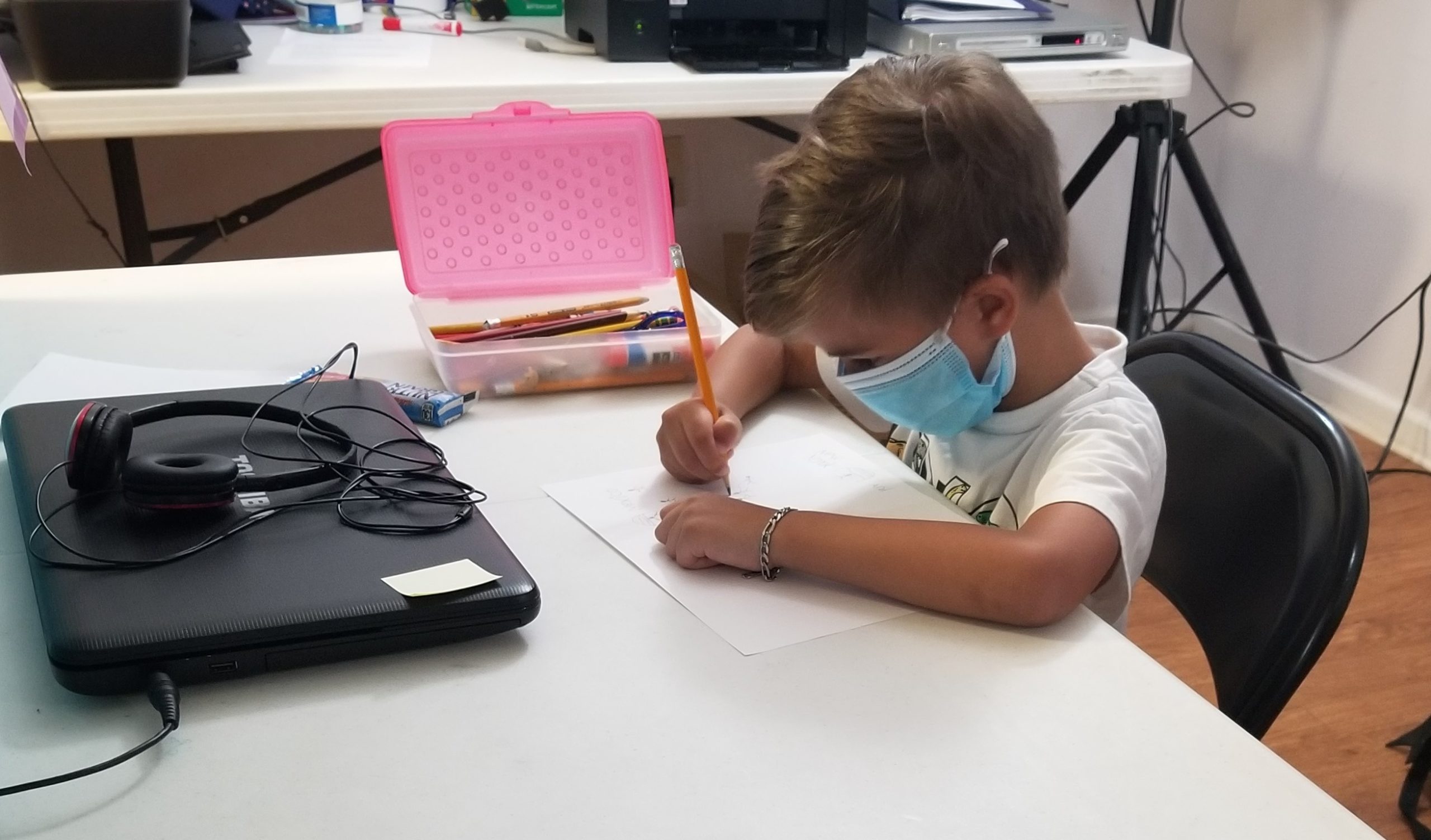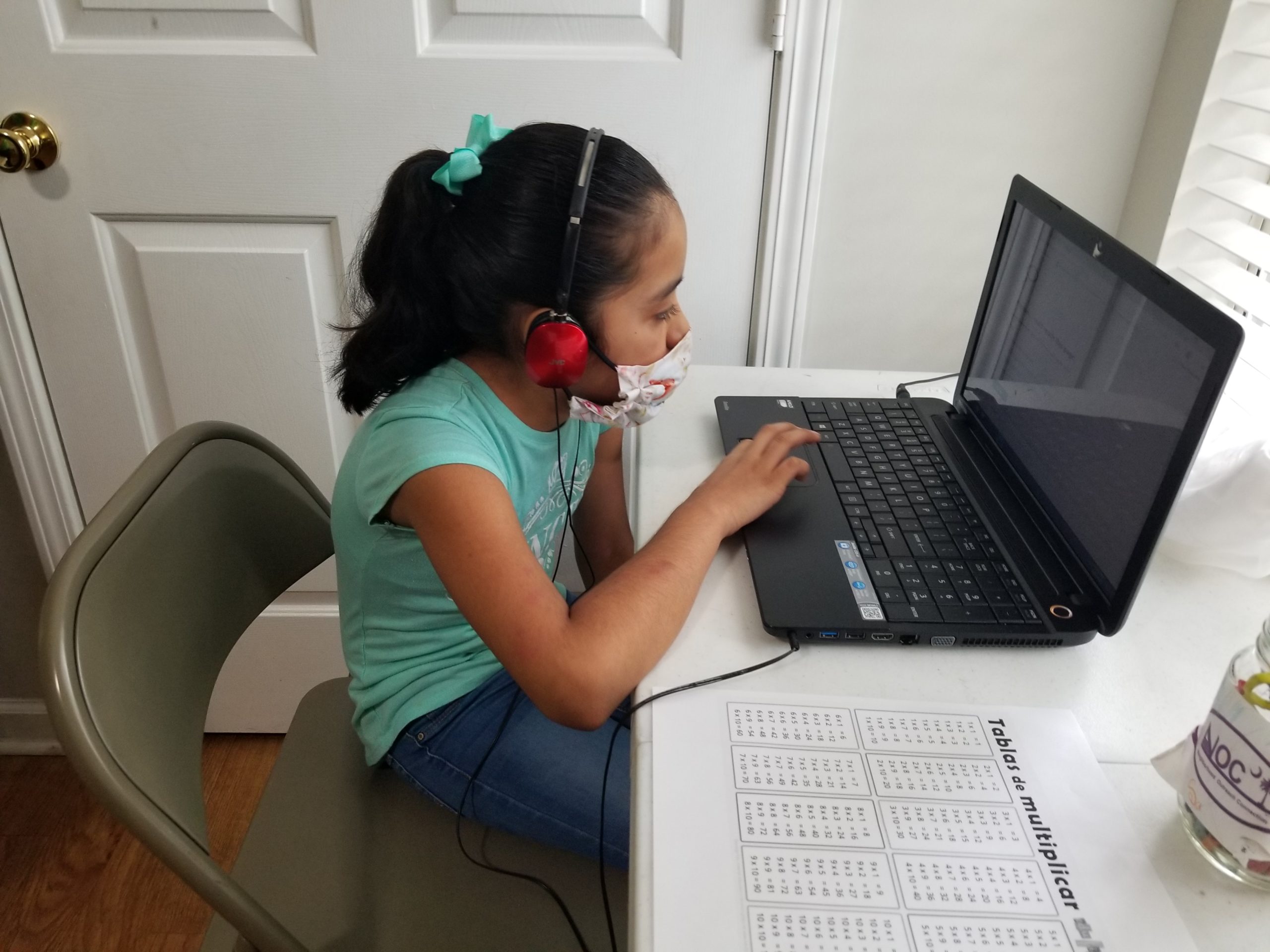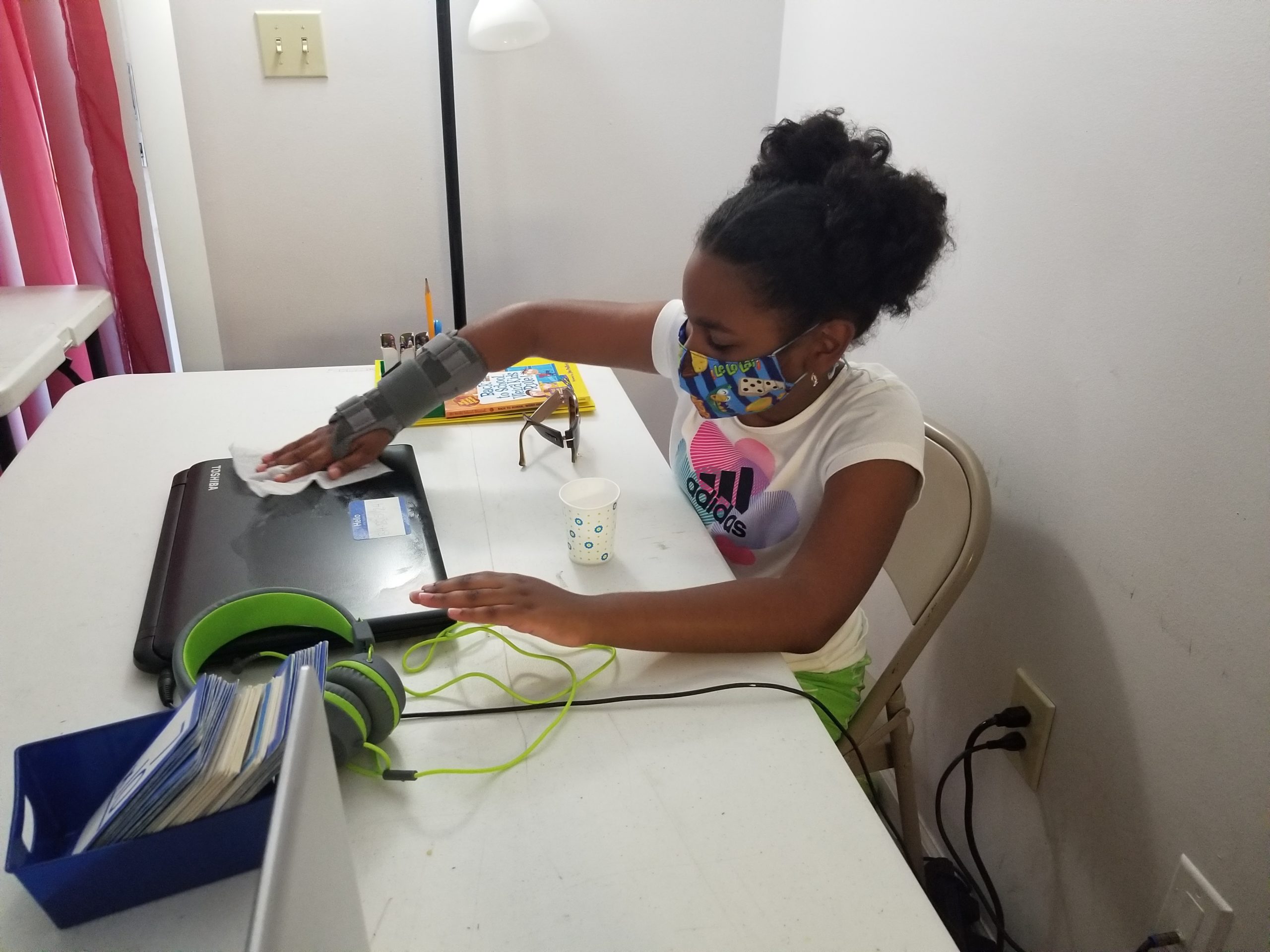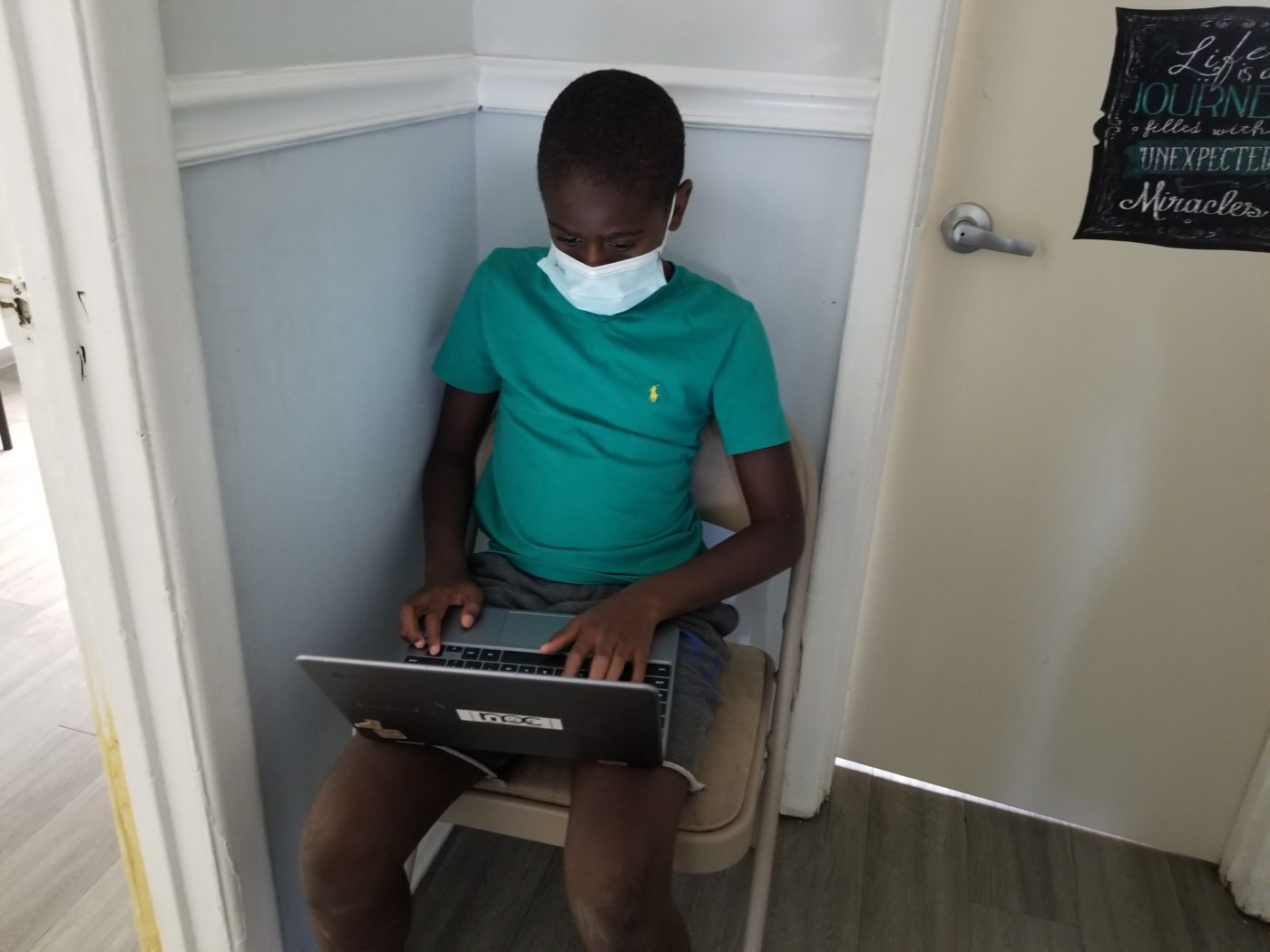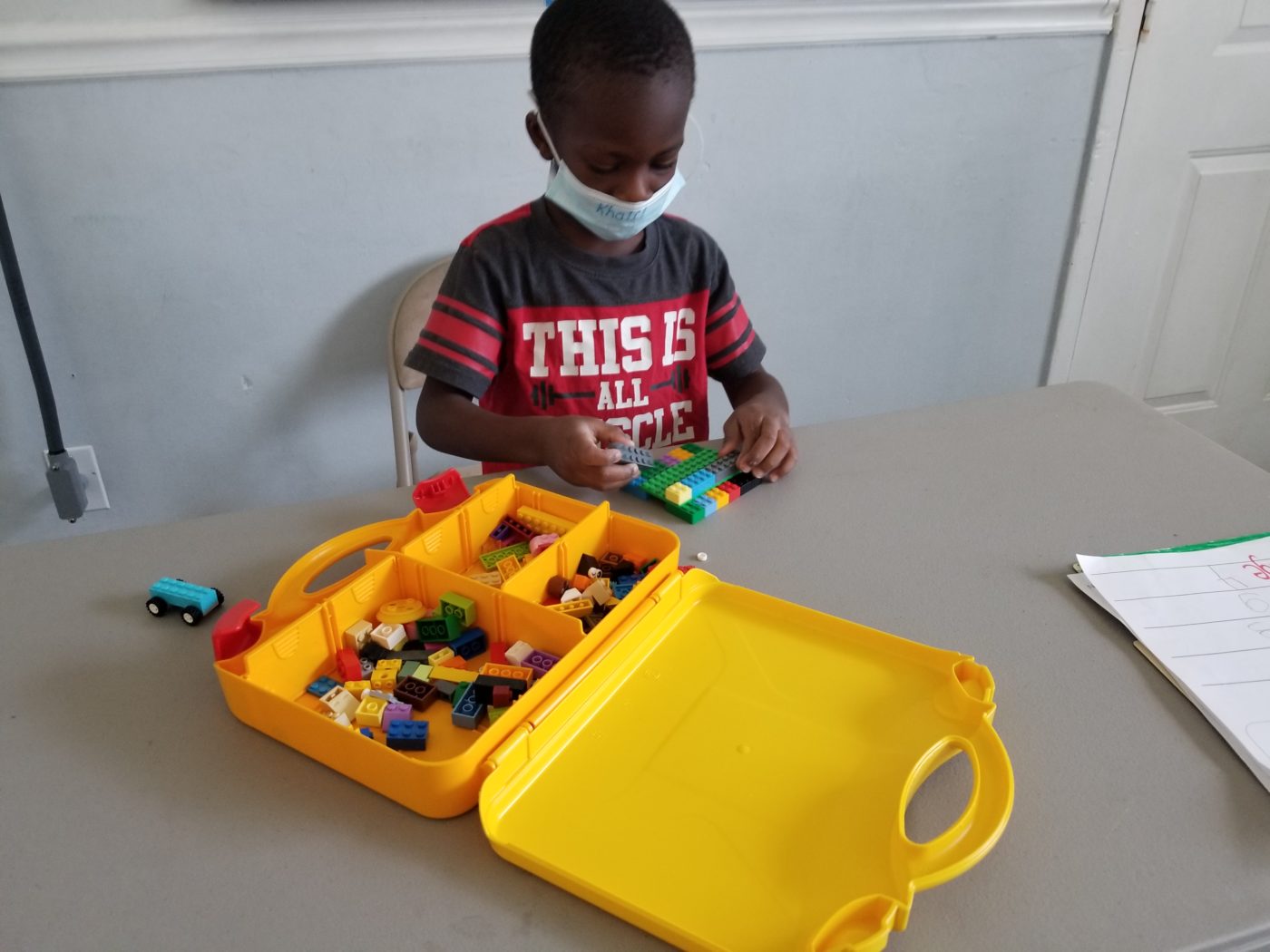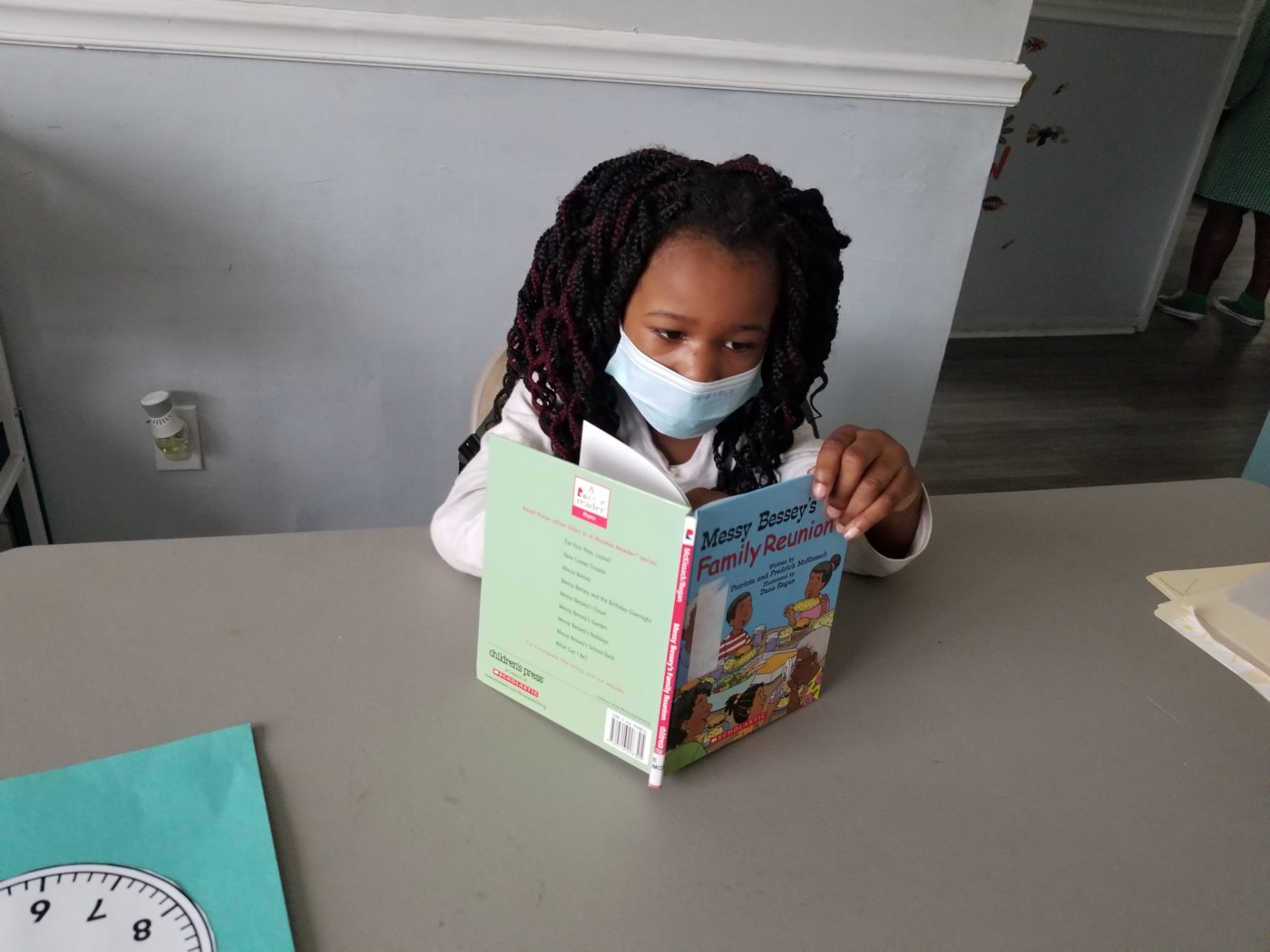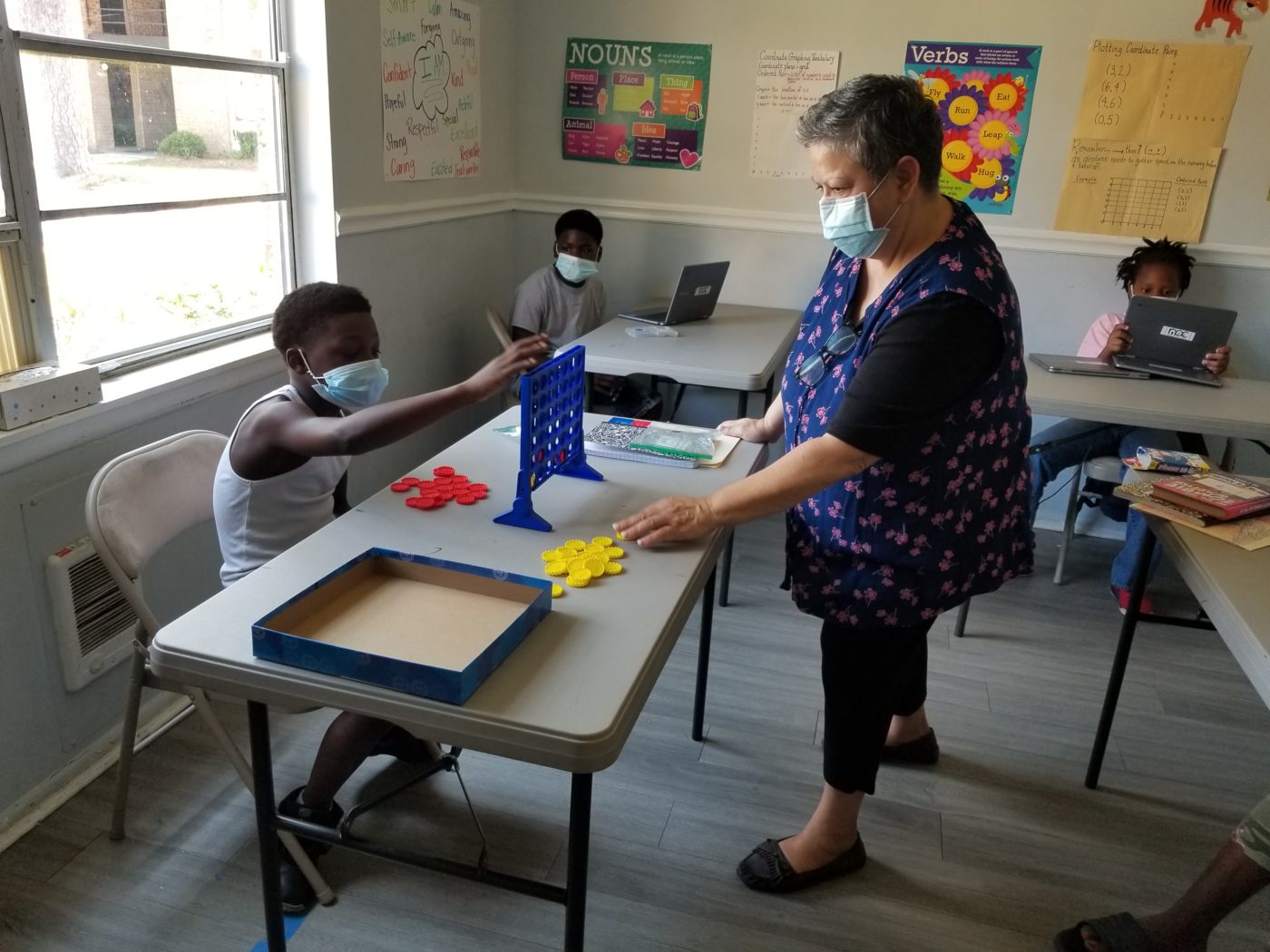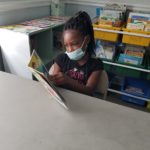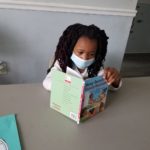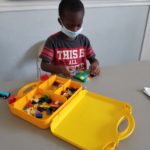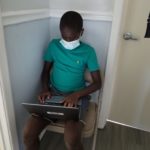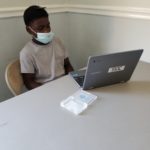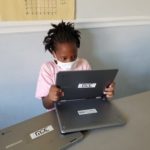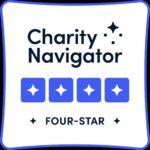 NOC welcomes Madeline Helser-Howard as its new Executive Director.
NOC welcomes Madeline Helser-Howard as its new Executive Director.
Madeline comes to NOC from the Beaufort County Library System where she spent the last five years serving the community as a Senior Librarian and Youth Services Coordinator. During her tenure with the Library she created the collaborative “Summer @ Your Library,” a joint program between the Beaufort County School District and Beaufort County Library System. She also re-imagined and expanded library services to the YMCA Migrant Education Program and taught many free parent reading workshops through Born to Read, Inc. She holds a MSLIS from the University of Illinois at Urbana-Champaign and has over fifteen years’ experience serving youth and their families in programs that promote self-empowerment through education.
Madeline lives in Beaufort with her husband Josh, surrounded by pets, books, and musical instruments.
Madeline will help NOC expand its mission and outreach programs locally and nationally, so that more people can realize economic and social progress and a better quality of life.
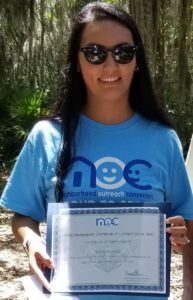 ONYX Program Manager Yury Bowlds and her husband, a member of the military who has just returned from a tour in Syria, will be relocating to Virginia in early September. Yury will certainly be missed by the children, family, and NOC staff.
ONYX Program Manager Yury Bowlds and her husband, a member of the military who has just returned from a tour in Syria, will be relocating to Virginia in early September. Yury will certainly be missed by the children, family, and NOC staff.